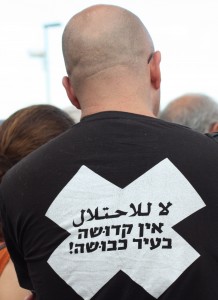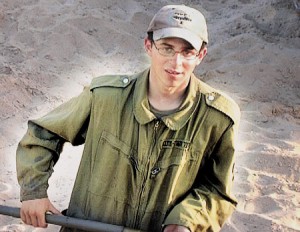Anshel Pfeffer’s article last week against fasting on Tisha Be’Av seemed written for me. I hate to fast. An old friend once told me that on Yom Kippur, he looks at my face in shul to get a real sense of suffering. Enough chastising the flesh. It makes you feel bad.
Pfeffer argued that Tisha Be’Av “has lost any relevance beyond the historical.”
If Tisha Be’Av is meant to mark the exile of the Jewish people, then it’s no longer relevant. For a decade now, there has not been one Jew around the world who was not free to return to Zion. Ever since the quiet exodus of the last Jews of Syria, in the late 1990s, there has not been a country anywhere that has forbidden its Jewish citizens to leave…
As for mourning the Temple,
The only reason that the third temple has not been built is that a majority of Israelis simply are not interested. Secular Jews have no affinity to a priestly caste sacrificing heifers and goats, while the great majority of religious Jews are not very eager themselves.
To which I might add, we should thank God that most religious Jews aren’t interested in slaughtering animals as a means of communicating with the Creator.
Nonetheless, I’m fasting today, and not just out of habit. An email I got just after I read Pfeffers’ article reminded me of why he was mistaken. From the group Sheikh Jarrah: A Just Struggle for a Just Jerusalem, it was an invitation to a discussion on Tisha Be’Av about the destruction of the Temple and the demolition of Palestinian homes. The process of refuting Pfeffer was completed the haftarah on Shabbat morning, by a midrash that I studied with my son, and by the actual discussion of Sheikh Jarrah last night.










